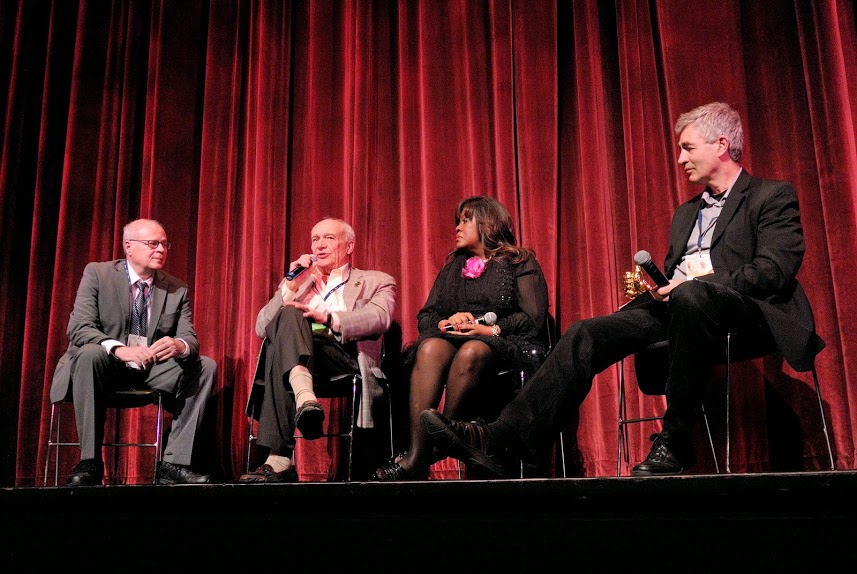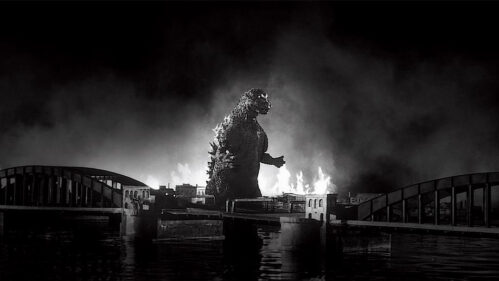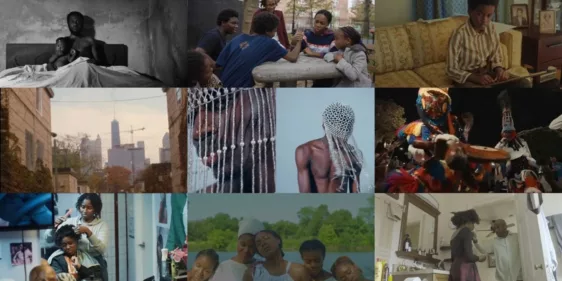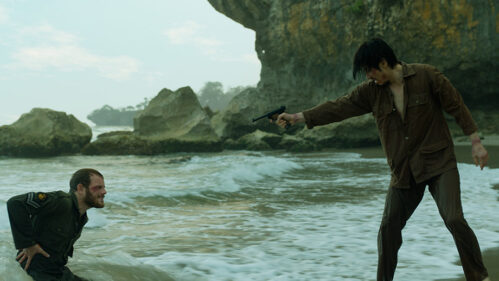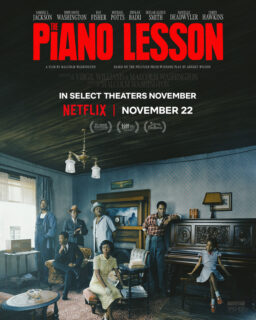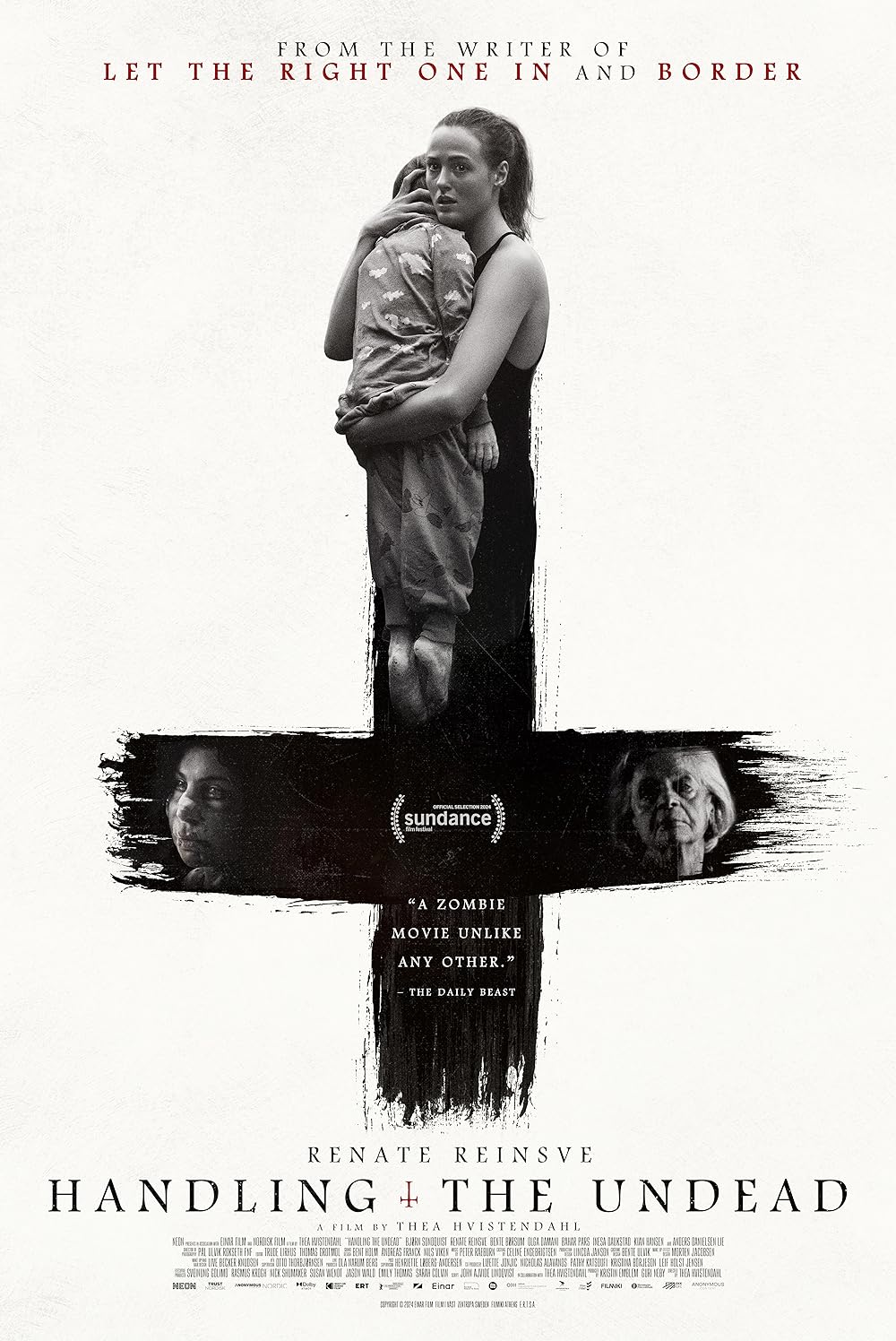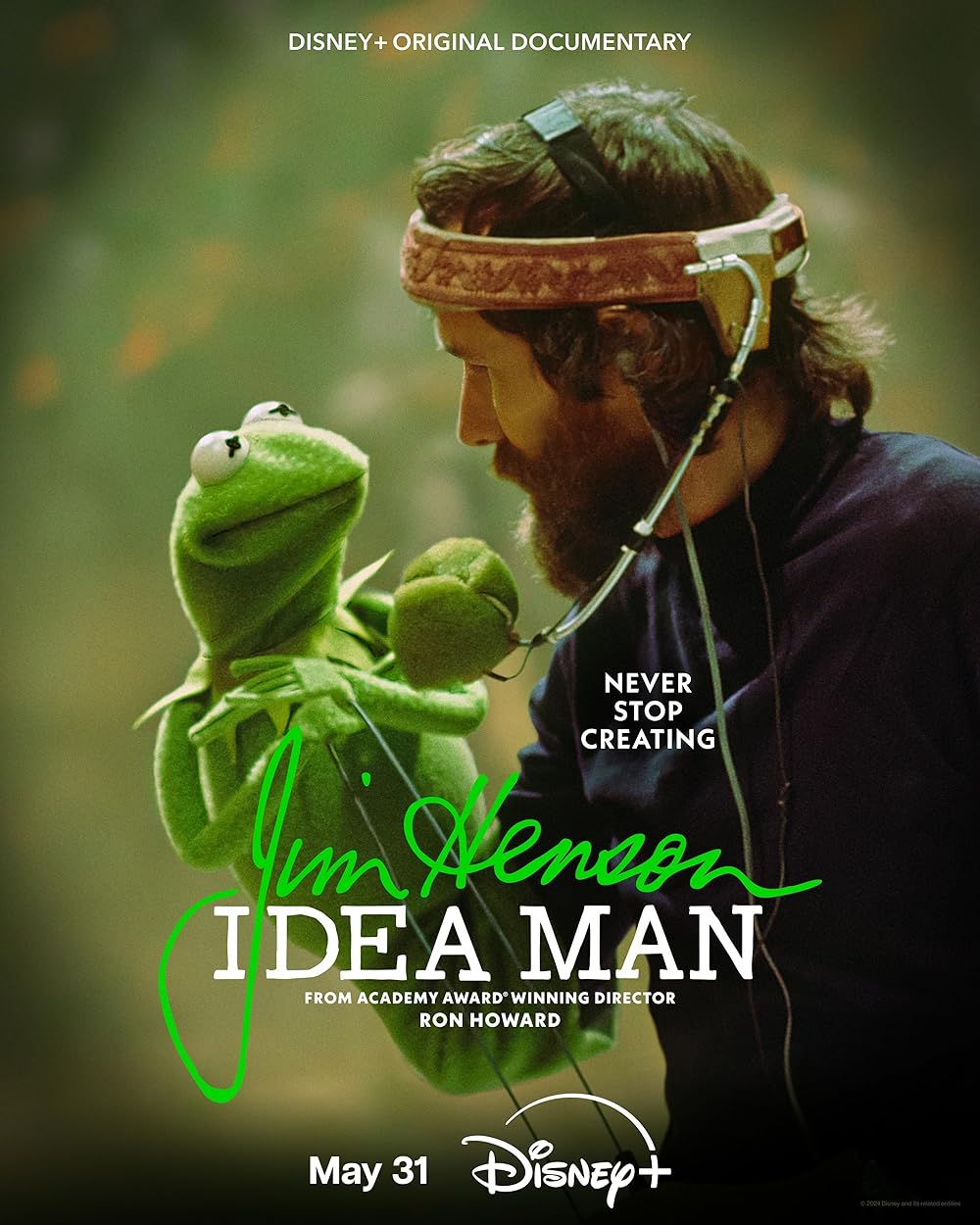University of Illinois President Robert Easter said at Ebertfest's opening reception that the year since Roger Ebert's death has not diminished his loss, but it is good to gather to carry on his vision of what used to be called the Overlooked Film Festival. Instead of the usual festival fare of unreleased films seeking publicity and distribution, Roger Ebert's festival is a critic's vision, outstanding, innovative films that touch and inspire and teach, and that meet his highest standards of excellence as artistic statements. Unlike festivals that separate participants in a constant competition for who saw what, this one brings us together in the majestic Virginia Theater, the place Roger watched movies as a boy and as a college student, to share each film as a group and talk about them together.
There could be no more fitting or meaningful way to open the first festival not personally curated by Roger than with the film based on his autobiography, "Life Itself." Roger loved movies deeply, personally, viscerally. With this documentary, the movies return that love. It is written and directed by Steve James, whose "Hoop Dreams" was one of Roger's favorite films, and produced by Martin Scorsese, whose appearance in the film to talk about the impact of the support—and criticism—he received from Roger is one of the highlights.
James introduced "Life Itself" to the audience that filled every seat in the Virginia Theater. He said he could not have made it as a film about a critic. It was a film about a life. And, as we saw, it was a life with every bit as much drama, comedy, tension, romance, insight, compassion, and, as Roger would say, civilizing influence and empathy creation as any of the films included in Roger's pantheon of Great Movies.
Chaz Ebert, Steve James, and Roger's lifelong friend, sportswriter Bill Nack, talked about the film after the screening. Nack said Roger would have loved it as a journalist because it was sad, happy, and joyful. James said that even though Roger was the biggest and most significant supporter of "Hoop Dreams," he did not know him well until they made the film together. "I always thought there was a firewall between filmmakers and critics until I read the memoir. And it served the film better that he was not a close friend. It allowed me to be freer. He wanted a candid portrait." No one knew how ill Roger was when they began filming. "The original goal was to show he was just as vibrant and active as ever." Instead, it turned out to be the story of his "sense of humor, stubbornness, generosity, and courage" in his life and in facing death as well.
Nack spoke of the enormous changes over the course of Roger's life, most significantly his decision to stop drinking, the transformation through his finding a deep romantic love and a large extended family at age 50 with Chaz, and the impact his illness had on his writing. After he could no longer speak, "his writing improved as a blind man's hearing improves." He became "more in touch with his emotions, feeling secure emotionally for the first time. He lost a lot of things but really found a depth I thought remarkable."
Chaz said that Roger insisted the film show "the man, not the icon." Some of the highlights are the clips and outtakes from the long-running Siskel and Ebert television shows and interviews with the producers who worked with them and with Siskel's widow. The intensity of the competition between the two critics is very funny. So are the outrageously awful clothes and haircuts (there are some things even the '70s does not excuse) and the amateurishness of the early episodes. But the very real respect and, ultimately, admiration, between them makes it clear that this was one of the most significant relationships of Roger's life. It was his devastation over Siskel's decision not to tell anyone about his own illness that made Roger resolve to be very open and honest about his own.
Bill Nack knew the last page of F. Scott Fitzgerald's "The Great Gatsby" by heart, and whenever he and Roger were together, Roger would ask him to recite it. Nack said he thought it was Roger's favorite passage in literature. At the end of the evening, with Roger's movie at Roger's festival in Roger's theater in his hometown, Nack recited it for us.
"So we beat on, boats against the current, borne back ceaselessly into the past."

